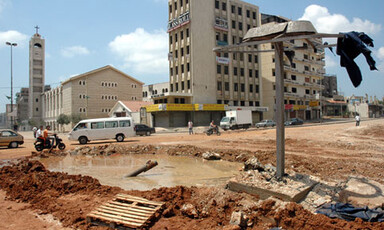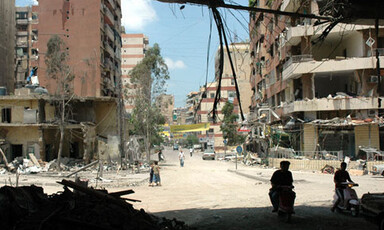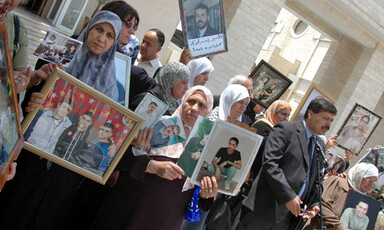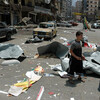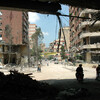
NGO network calls for an end to war on Lebanon
16 July 2006
The Arab NGO Network for Development (ANND) calls upon the international community to immediately intervene in order to protect civilians and to end Israeli aggression against Lebanon. ANND joins the call of the Lebanese prime minister to an immediate and comprehensive ceasefire under the support of a strong UN Peacekeeping Mission supervision. From an alive, peaceful, and secure country, Lebanon became a shattered country not able to protect its citizens and cities. Lebanon is in an urgent need for relief support and solidarity in order to face the challenges. Read more about NGO network calls for an end to war on Lebanon
